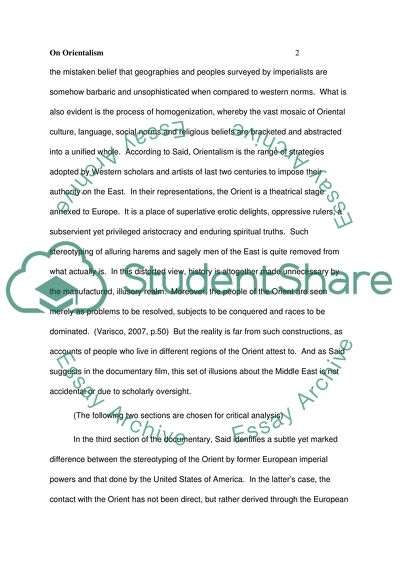Cite this document
(On Orientalism Featuring Edward Said Term Paper, n.d.)
On Orientalism Featuring Edward Said Term Paper. Retrieved from https://studentshare.org/social-science/1762399-on-orientalism
On Orientalism Featuring Edward Said Term Paper. Retrieved from https://studentshare.org/social-science/1762399-on-orientalism
(On Orientalism Featuring Edward Said Term Paper)
On Orientalism Featuring Edward Said Term Paper. https://studentshare.org/social-science/1762399-on-orientalism.
On Orientalism Featuring Edward Said Term Paper. https://studentshare.org/social-science/1762399-on-orientalism.
“On Orientalism Featuring Edward Said Term Paper”, n.d. https://studentshare.org/social-science/1762399-on-orientalism.


